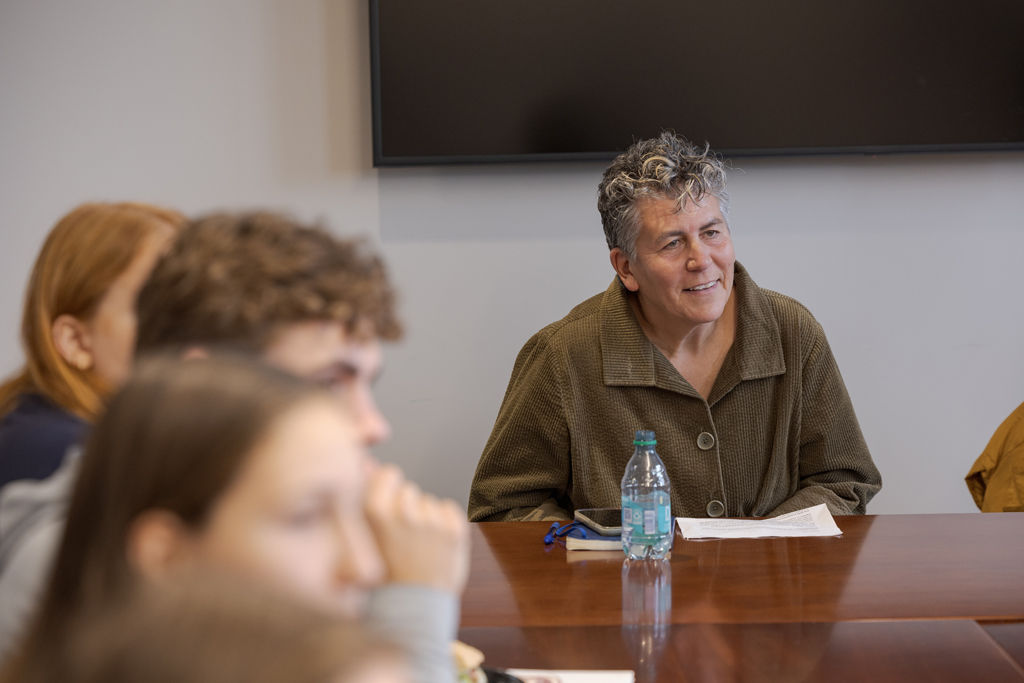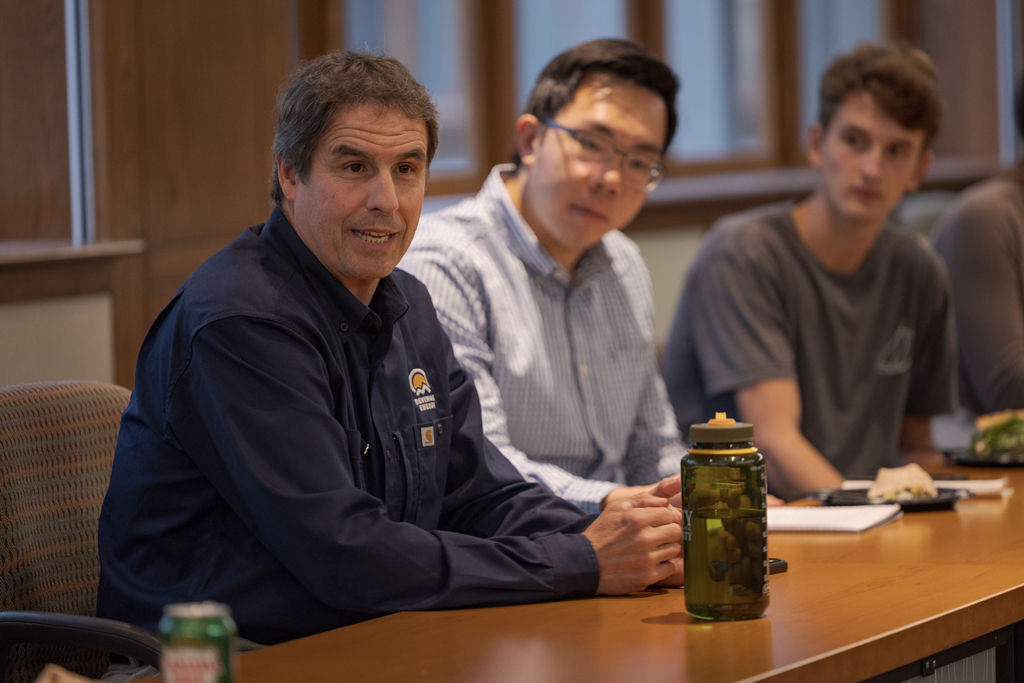Conversations with Leaders
Social Impact & Lunch: Fighting for Low-Income Residents
Kate Bennett, the Corcoran Center for Real Estate and Urban Action's fall 2024 visiting professional, has dedicated over 30 years to affordable housing development, policy, and planning, focusing on public housing and neighborhood revitalization.
Bennett began her career in affordable housing, concentrating on affordable housing initiatives in Chelsea—a city that epitomizes the complex urban issues prevalent in Boston, all within just two square miles. She later took her expertise to Newton, promoting affordable housing and infrastructure improvements to benefit low-income residents.
Bennett recently retired as the administrator and CEO of the Boston Housing Authority, a position she held for the last four years of her career. As the sixth-largest public housing authority in the United States and the largest in New England, the Boston Housing Authority serves approximately 25,000 families across 60 sites throughout Boston, including high-demand market areas.
Bennett emphasized that an intricate web of issues—ranging from mental health to race inequality—often intertwined with affordable housing, impacting low-income individuals, and it is what makes this work both exhilarating and challenging.
In her advice, Bennett highlighted the critical role of mentorship, encouraging students to remain open and attuned to their interests. Her insights were a reminder that staying connected to what inspires us is essential in navigating complex landscapes.
Lydia Tesfai '27, Winston Ambassador





